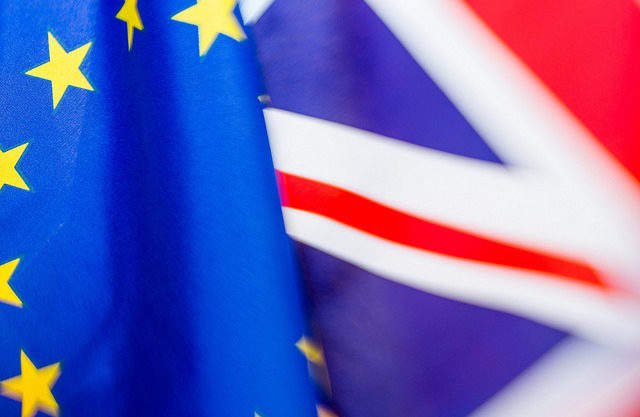
The Medicines and Healthcare products Regulatory Agency (MHRA) has released an update on drug regulation plans in preparation for the UK’s exit from the EU.
Following the agreement in December 2017 by the European Council to move to second-stage Brexit talks, the MHRA has promised ‘certainty and continuity’ for the pharmaceutical industry.

Discover B2B Marketing That Performs
Combine business intelligence and editorial excellence to reach engaged professionals across 36 leading media platforms.
The update builds on findings published in a joint report on progress during the first phase of negotiations between the Government and the European Commission in December 2017, and outlines how the agency plans to negotiate the issue of drug regulation.
It confirms the agency’s commitment to securing an ‘implementation period based on the existing structure of EU rules and regulations’ to ensure that there are no sudden changes to UK regulation and allowing companies time to adjust following Brexit.
The MHRA also outlined its contingency plans to ensure ‘minimum disruption’ should an agreement with the European Medicines Agency not be reached by March 2019.
This would mean that upon exit, the EU legislative framework would be converted to UK law. From there, the UK’s regulatory requirements could be established.

US Tariffs are shifting - will you react or anticipate?
Don’t let policy changes catch you off guard. Stay proactive with real-time data and expert analysis.
By GlobalDataThe MHRA also assured that it would give ‘adequate notice and ensure that companies had sufficient time to implement any changed requirements’.
The update states that the UK expects to be able to rapidly agree the details with the EU in 2018.
In response to the update, the Association of the British Pharmaceutical Industry said: “We share the MHRA and the Government’s ambition for patients in the UK and EU to have continued access to best and most innovative medicines through a close working relationship with Europe, underpinned by the strongest regulatory framework and the sharing of data.
“This is an outcome we shall continue to work towards – yet, if such cooperation is unable to be agreed we welcome the MHRA’s intent to take a pragmatic approach. Planning for this scenario does, however, require further detail, and further highlights why a realistic implementation period needs to be urgently agreed.”
The update may provide some clarity amid uncertainty over what Brexit will mean for the UK pharmaceutical industry, both in terms of regulation and attracting foreign investment.
One important uncertainty is whether the UK will continue to be regulated by the European Medicines Agency (EMA) after Brexit. In December 2017 the EMA announced that its headquarters will relocate from London to Amsterdam.
With UK drug regulation closely tied to the EU, the licensing of new drugs, access to clinical trials, and access to the European market could be significantly altered if the UK does not continue to operate under the EMA post-Brexit. Leaving the EMA would result in variations in UK and EU drug regulation as well as considerable restructuring costs in the establishment of a UK-only regulatory agency.
Speaking to The Guardian in January 2018, GlaxoSmithKline president of global affairs Phil Thomson said the company estimated that new regulation and approval systems would cost it “somewhere between £60m and £70m”.
“Even if we have a smooth and orderly Brexit process, and we work through with a new [free trade agreement] or a new arrangement, there are going to be costs of that magnitude anyway, but they will probably be more phased,” Thompson said.


